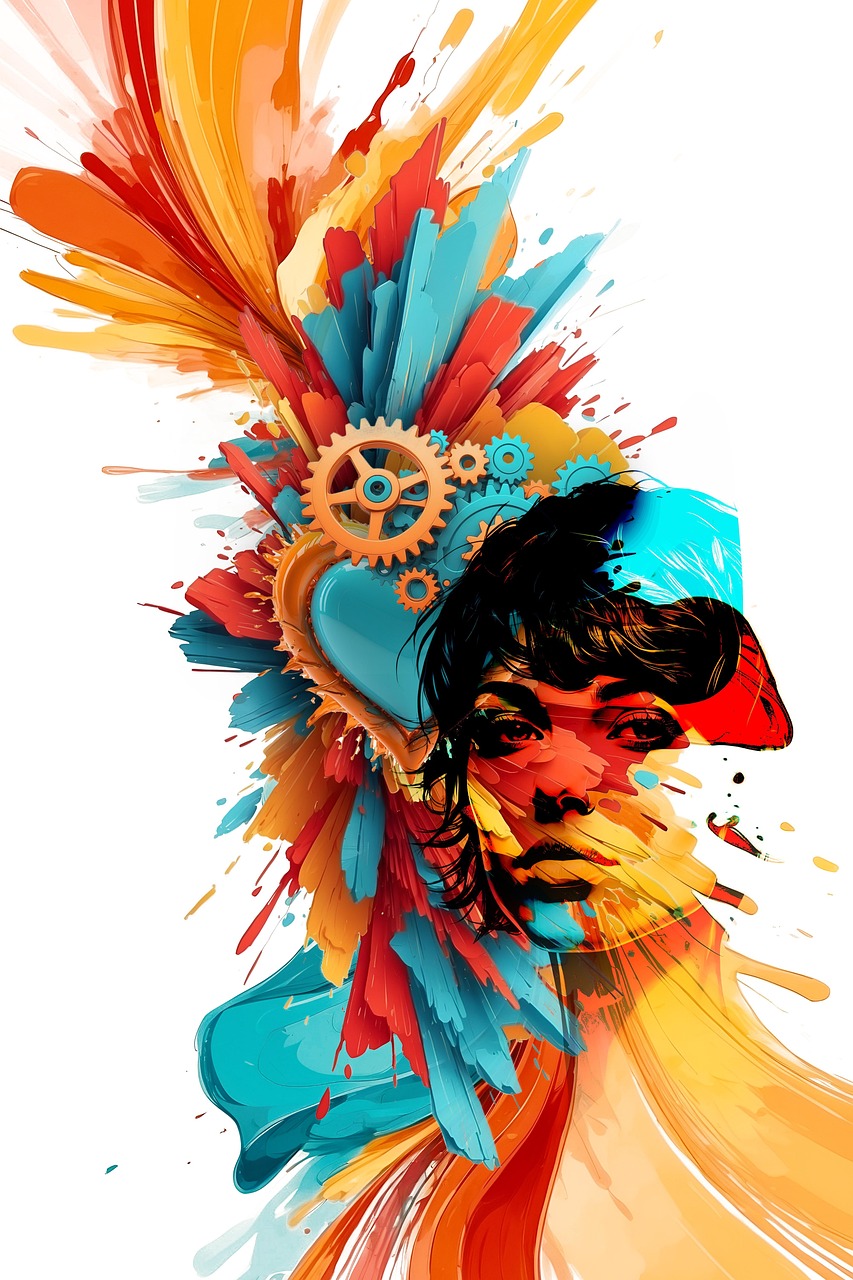Here we are going to clearly list telltale signs men need therapy or other mental health intervention. Here are 20 signs that a man may want to seek professional services:
1. First Sign Men Need Therapy – Persistent Sadness or Hopelessness
Men need therapy if they have experienced persistent sadness or hopelessness most days for weeks or months, these feelings go beyond situational blues and may indicate clinical depression. If nothing seems enjoyable and everything feels bleak, it’s a red flag. Experts at Unstuck Therapy list “persistent feelings of sadness or hopelessness” as a major sign you might benefit from therapy https://unstucktherapy.com/
2. Men Need Therapy If They Struggle With Chronic Anxiety or Worry
Constant, uncontrollable worry—racing thoughts, physical tension, avoidance—interferes with daily life. According to Notes by Grow Therapy, uncontrollable anxiety that makes life unmanageable is a key indicator .
3. Irritability, Anger, or Aggressiveness
Bouts of anger, short fuse, or chronic irritability can be masking depression or PTSD. Occasional anger is normal, but when it becomes a frequent, destructive pattern, it’s time to get help .
4. Social Withdrawal or Isolation
Withdrawing from social life—even activities or people you used to enjoy—is a common sign of emotional distress verywellhealth.com+15honoryouremotions.com+15marblewellness.com+15.
5. Neglect of Responsibilities
When you’re skipping work, avoiding chores, or failing commitments, it may signal depression or burnout. Behavioral decline often responds well to therapy honoryouremotions.com.
6. Unhealthy Coping (Substance Use, Overspending, Porn Addiction)
Using alcohol, drugs, gambling, or pornography to numb emotions is an unhealthy escape that therapy can address .
7. Sleep Disturbances
Insomnia or oversleeping—especially along with mood changes—is a big red flag. It ranks among the top 16 signs Grow Therapy highlights en.wikipedia.org+10growtherapy.com+10growtherapy.com+10.
8. Chronic Physical Complaints Without Medical Cause
Headaches, digestive issues, chronic pain—often linked to emotional stress—surface when psychological needs go unaddressed en.wikipedia.org+7marblewellness.com+7growtherapy.com+7.
9. Low Energy and Fatigue
Feeling drained all the time, or like you’re moving through mud, may indicate depression, anxiety, or unresolved stress .
10. Trouble Concentrating or Making Decisions
Struggling to focus, making poor choices, or second-guessing simple decisions often accompany stress and anxiety .
11. Frequent Panic or Anxiety Attacks
Recurrent panic episodes—dizziness, shortness of breath, racing heart—are signs therapy (like CBT) can be transformative .
12. Excessive Guilt or Worthlessness
Feeling deeply flawed, worthless, or guilty—even without reason—is symptomatic of depression and can diminish self-worth over time .
13. Perfectionism or Intrusive Negative Thinking
Exhausting cycles of overthinking, perfectionism, or rumination fuel anxiety and depression. Therapy can help you challenge these patterns themindsjournal.com+11growtherapy.com+11arcadiancounseling.com+11.
14. Men Need Therapy for Trauma or Unresolved Past Events
Flashbacks, nightmares, avoidance, or hyper-vigilance after trauma suggest PTSD. Trauma-focused therapies (e.g. EMDR, TF-CBT) are especially effective selectpsychology.co.uk+1accentushealthtms.com+1.
15. Frequent Mood Swings or Emotional Dysregulation
If your emotions fluctuate wildly—tears, rage, flat—without clear cause, it’s time to explore emotional regulation techniques in therapy .
16. Engaging in Risky or Reckless Behavior
Driving recklessly, unsafe sex, gambling sprees—are often unconscious expressions of psychological pain .
17. Loss of Interest in Activities (Anhedonia)
What once brought joy now feels empty—a hallmark of depression that therapy can help address marblewellness.com.
18. Men Need Therapy If They Suffer Relationship Difficulties
Escalating conflicts, withdrawal, trust issues, or communication breakdowns are signs of emotional distress—therapy improves relational patterns .
19. Feeling Chronically Stuck or Unfulfilled
That nagging existential question—“Is this all?”—often points to unmet emotional needs. Therapy aids in finding meaning and purpose .
20. Suicidal Thoughts or Self-Harm Urges
Feelings of being a burden, thoughts of killing oneself, or planning self-harm are absolute signs for immediate mental health intervention growtherapy.com.
⭐ Why Therapy Matters for Men
Societal norms force many men to “tough it out”—embracing silence over expression, stoicism over vulnerability. This silent suffering contributes to suicidality: men often complete while women attempt suicide more frequently . But that’s changing. A movement dubbed “therapy bro summer” encourages men to talk, prioritize mental health, and view therapy as strength—helping reduce stigma and improve relationships nypost.com.
Toxic masculinity—the pressure to be strong, unemotional, dominant—makes men less likely to seek help, while increasing risk of stress, depression, substance abuse and shortened lifespans . Therapy offers a healthy outlet—replacing suppression with emotional insight and self-care.
✅ Taking Steps Toward Mental Wellness
- Trust your gut
If many of the signs above sound familiar, you’re already noticing something’s off. Experts say, “If you’re asking yourself if you need therapy, trust your gut—the answer is probably yes” theaustralian.com.augrowtherapy.com. - Start by talking to your GP or a therapist
Primary care providers often screen for mental health in the course of physical complaints like headaches or digestive issues anchortherapy.org+3theaustralian.com.au+3nypost.com+3. - Explore modalities that fit your needs
Cognitive-behavioral therapy (CBT), trauma-focused therapies (like EMDR), anger management, or teletherapy may work depending on your situation selectpsychology.co.uk. - Set clear goals
Whether managing anger, improving a relationship, coping with stress, or processing grief—therapy works best with intentional goals. - Normalize help-seeking
Sharing insights, role modeling vulnerability, and seeing public figures discuss therapy help dismantle stigma. This shift—dubbed “therapy bro summer”—is a powerful social reminder that vulnerability is courage theaustralian.com.aunypost.com.
📚 Further Reading & Resources
- Verywell Mind: “What Does Depression Look Like in Men?” verywellmind.com+1anchortherapy.org+1
- Verywell Health: “Men’s Mental Health: The Facts and Real Risks” verywellhealth.com
- Grow Therapy: “16 Signs You Might Need Therapy” marblewellness.com+5growtherapy.com+5growtherapy.com+5
- Manhattan Wellness: “5 Signs It’s Time for Men to Consider Therapy” manhattanwellness.org
- Marble Wellness: “More Signs a Man Needs Therapy” marblewellness.com+1honoryouremotions.com+1
In Closing
Men face unique barriers—social expectations, stigma, emotional suppression—that elevate risks of mental health problems. But recognizing the signs, trusting your instincts, and reaching out is a sign of strength—not weakness. Therapy supports resilience, emotional awareness, relationship health, and self-understanding.
If you’ve noticed several of these signs in yourself or someone you know, consider seeking help. It could be life-changing—and lifesaving.




